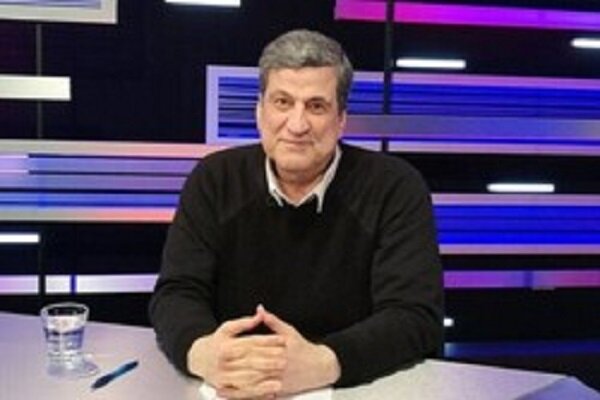Muscat, Trump’s Test and Iran’s Supremacy.
Iraqi political analyst and activist Najah Muhammad Ali sent a special note titled “Muscat, Trump’s Test and Iran’s Supremacy” to the Mehr News Agency International Group, the full text of which follows:
Despite the confluence of crises and the conflicting interests of major powers, and the widespread consequences that the events following the “Al-Aqsa Storm” had, Iran has emerged as a country that does not seek to create crises but rather a regional power that imposes its presence with self-confidence and authority. Despite sanctions and maximum pressure, Iran has managed to establish an equation based on national sovereignty and human dignity, and at the same time, by insisting on achieving technological and scientific progress, especially in the field of peaceful nuclear energy, it has consolidated its position. In this context, the new round of negotiations in the Sultanate of Oman was not just a simple negotiating station but a fundamental turning point.
What is happening in Muscat is not just a continuation of the nuclear negotiations, but a real test of the seriousness of US President Donald Trump, who, after his unilateral withdrawal from the 2015 agreement – an agreement that received a rare endorsement by the UN Security Council – is now trying to return to the negotiating table through the gate of “power”. The question is whether Trump is seeking to reproduce the same agreement on his own terms or is he trying to make a showy deal aimed at establishing some kind of regional stability?
Oman, as usual, hosted these talks in a spirit of neutrality and wise mediation, based on the belief that lasting solutions come through dialogue, not threats. And here the fundamental difference between the two approaches becomes clear: one side flaunts its warships and drones, the other extends a helping hand based on mutual respect and adherence to international law.
The Iranian leadership, which relies on domestic legitimacy and international credibility stemming from its principled stance and independent decision-making, sees the talks not simply as a way to prevent war, but as an opportunity to assert its right to the peaceful use of nuclear energy within the framework of the Nuclear Non-Proliferation Treaty (NPT). The treaty contains reciprocal obligations, including providing non-nuclear states with access to peaceful technology, not punishing them for doing so.
Leaked information from the talks suggests that the goal of the phased approach is to reach an agreement that will pave the way for broader talks in the future. Iran believes that the two-month deadline set by Trump is not enough to craft a complex and comprehensive agreement unless Trump reverts to the previous agreement. Therefore, Tehran is seeking a transitional formula that keeps the door open to a comprehensive solution without neglecting its rights.
It is no secret that Trump’s withdrawal from the previous agreement was not just a political retreat but rather an announcement of the beginning of a policy of maximum pressure against Iran, a policy that the White House pursued with the support of the Zionist regime and some regional governments. But what Washington did not calculate correctly was Iran’s resistance; a country that not only did not retreat but also expanded its peaceful nuclear program, increased the enrichment percentage, and entered negotiations with greater force.
Trump believes that increasing the threat, by sending troops and military movements in the region, will force Iran to retreat. But experience shows that the more pressure increases, the more resistant Iran becomes. Therefore, Tehran’s emphasis is on clear conditions for negotiations: neither negotiations under pressure, nor an agreement that is rendered meaningless by extraneous pressures.
The increase in tensions that Trump and his allies are pursuing is not only fruitless but also a threat to the entire region. Any military adventure in these circumstances would be disastrous, and no one would be safe from its flames. The occupation regime’s provocative actions and attempts to ignite the fronts in Gaza, Lebanon, and Syria also make sense within this tense framework, a framework that only benefits short-sighted projects.

